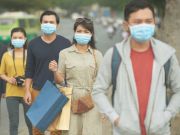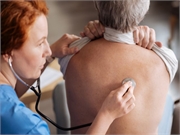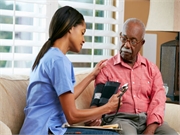
Eleven Americans who were evacuated from a quarantined cruise ship in Japan have tested definitively for coronavirus, bringing the case count in this country to 26, U.S. health officials reported late Thursday. In China, the number of new cases of COVID-19 continued to decline on Friday, but South Korean officials battled to contain the rapidly… read on >





























